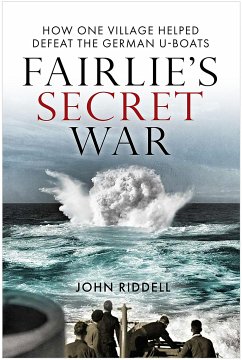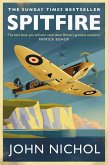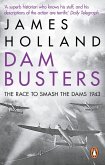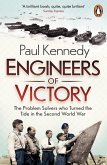During the Second World War the Royal Navy's vitally important Anti-submarine Experimental Establishment was secretly moved from Portland in Dorset to the Ayrshire village of Fairlie, to escape German bombing on the south coast. For the next six years it occupied the boatyard of yacht builder William Fife on the Firth of Clyde. During this time, highly confidential world-leading research on the acoustic detection of submarines by asdic - now known as sonar - was carried out by hundreds of scientists, officers and local men and women based at Fairlie. As experiments took place into new ways of sinking German U-boats, the peace of the quiet village was shattered. Winston Churchill described the work done at Fairlie as critical to winning the Battle of the Atlantic and ultimately the war. The research remained relevant to anti-submarine warfare long after the war, and is still relevant today.
Fairlie's role in the war was not disclosed until relatively recently. Highly illustrated throughout and making use of previously unpublished material, this book tells the full story of the establishment at Fairlie for the first time. It describes the impact it had on local people, and their relationship with the naval officers and scientists who came to work there.
Dieser Download kann aus rechtlichen Gründen nur mit Rechnungsadresse in A, B, BG, CY, CZ, D, DK, EW, E, FIN, F, GR, H, IRL, I, LT, L, LR, M, NL, PL, P, R, S, SLO, SK ausgeliefert werden.









